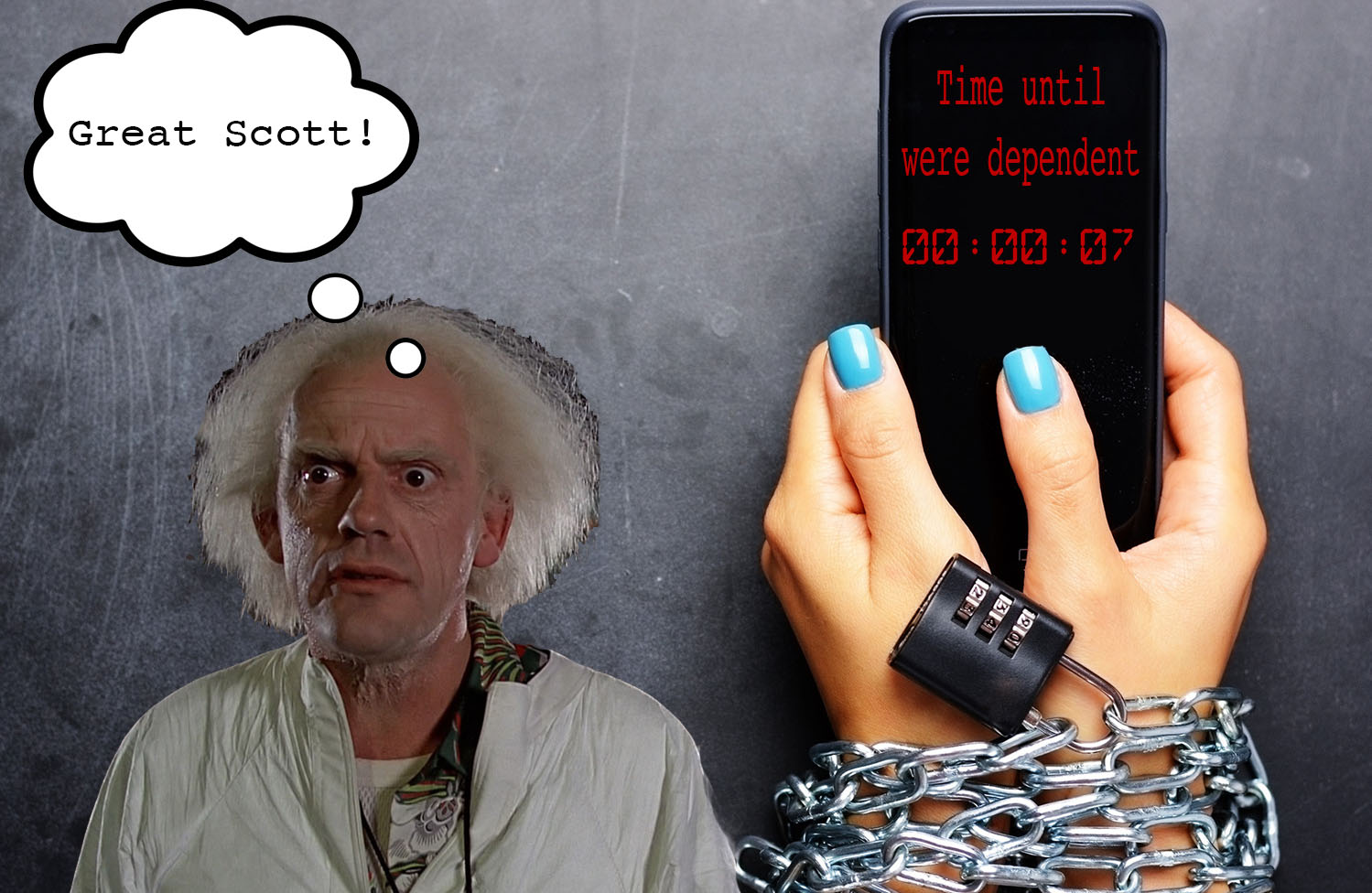Many moons ago, before there was an app for that, life was simple. If you wanted to see a friend’s face in a book, you checked the yearbook from that school year. If you wanted to hear tweets, you went bird-watching, and the only insta-gram was when your grandmother showed up unannounced. Somewhere down the long and lonesome road all of a sudden their shined a shiny idea: we can invent to make life easier.
Suffice to say the engineers and brilliant minds of yesteryear followed through and then some. Because of technological advancements from the last fifty years, humanity has been allotted certain freedoms via improvements in medicine, communication, and transportation. Tolkien was spot-on when he wrote “all that glitters it not gold” because this adage applies to the current state of our global technological dependence.
While it’s plain to see that technology has been the motivating factor for much of the social change we’ve seen in the last decade, there are many here among us who think that this is but a joke. Douglas Rushkoff, a media theorists at Queens College in New York, argues that the digital age has effectively eroded “human freedom” and has worked to “destroy communities” in the process.
In his book, Rushkoff writes that human beings will seek out “whatever appetites guarantee the greatest profit.” In other words, we are constantly searching for activities, people, and now devices that will give us the most amount of pleasure. Taking that concept one step further, technology has allowed for instant gratification via notifications and other means that has created an impatient, cloying populous that cares more about likes on a photo than anything else.
In an interview with Vox, Rushkoff said prior to the digital age, humanity was “already on the brink of extreme alienation. It offered the possibility of retrieving a common space and away for people to share and connect. It was a chance to build an economy that wasn’t based purely on the extraction of resources and capital.” He goes on to explain that these needs were never met and, rather, digital technology expedited industrialism and globalization to the point of excess. He blames technology for automation, and the separation of “workers from the value they’re creating.”
When you really think about it, Rushkoff has a point. Technology catalyzed mass production of products across all sectors but completely laid waste to the hand-made, quality products that were once adorned and craved by consumers. Even to this day, there are a select few who will purchase products that were made by a person, not an assembly-line. Companies like Patagonia charge far more for their jackets, backpacks, and gear but compared to other brands invested in “fast fashion,” a Patagonia piece is an investment. For example, one of my favorite fleece jackets is from Patagonia and I purchased it seven years ago; it’s still holding up and getting the job done.
There was a point in the societal pursuit of advancing life into the future that we traveled past a place where we could return to. We’ve built the entirety of our global infrastructure around technology and there’s simply no way of undoing this, lest we disrupt the societal ecosystem. Rushkoff writes that in many ways, we’ve become “hostages to our technologies, or we’re simply at the mercy of the system.”
“We’re being steamrolled by our devices, and the result is a kind of emotional slavery. And we know that billions of dollars are going into applying everything, every nasty trick we know about behavioral finance, to the digital realm. This is what I mean when I call digital technology “anti-human.” If we were using digital and behavioral technologies to help people eat better or not smoke, then at least we could be arguing that it’s intended to help people. When we’re using technology to get people to revert to their most reptilian impulses, to get them to buy stuff they don’t need or to react angrily to stories, we’re in deep trouble.”
–Douglas Rushkoff
I’m concerned that each and every one of you are on the brink of an existential crisis so please let me clarify; we are not doomed to a life of technological enslavement. Having said that, we do have a real problem with how reliant we are on our devices. When was the last time you drove somewhere without the use of a GPS-mapping app? All I suggest is to be mindful of your usage and recognize that we need to fix what’s going down.





